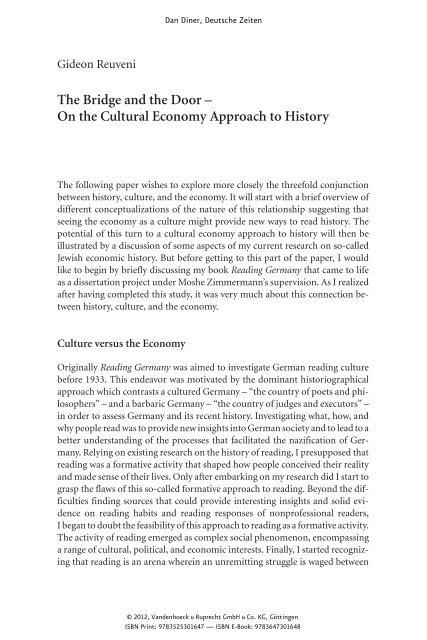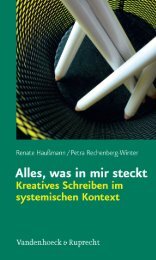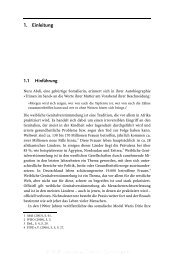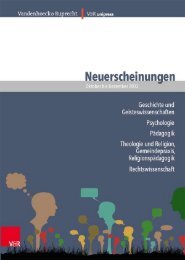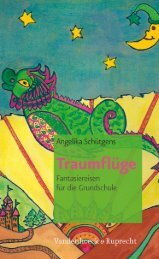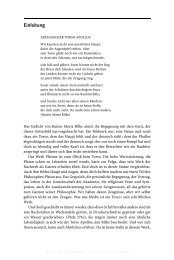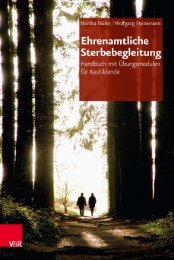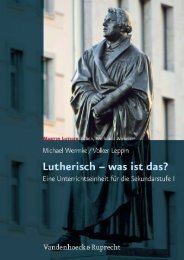und Leseprobe (PDF) - Vandenhoeck & Ruprecht
und Leseprobe (PDF) - Vandenhoeck & Ruprecht
und Leseprobe (PDF) - Vandenhoeck & Ruprecht
Sie wollen auch ein ePaper? Erhöhen Sie die Reichweite Ihrer Titel.
YUMPU macht aus Druck-PDFs automatisch weboptimierte ePaper, die Google liebt.
24 Gideon Reuveni<br />
Gideon Reuveni<br />
The Bridge and the Door –<br />
On the Cultural Economy Approach to History<br />
The following paper wishes to explore more closely the threefold conjunction<br />
between history, culture, and the economy. It will start with a brief overview of<br />
different conceptualizations of the nature of this relationship suggesting that<br />
seeing the economy as a culture might provide new ways to read history. The<br />
potential of this turn to a cultural economy approach to history will then be<br />
illustrated by a discussion of some aspects of my current research on so-called<br />
Jewish economic history. But before getting to this part of the paper, I would<br />
like to begin by briefly discussing my book Reading Germany that came to life<br />
as a dissertation project <strong>und</strong>er Moshe Zimmermann’s supervision. As I realized<br />
after having completed this study, it was very much about this connection between<br />
history, culture, and the economy.<br />
Culture versus the Economy<br />
Dan Diner, Deutsche Zeiten<br />
Originally Reading Germany was aimed to investigate German reading culture<br />
before 1933. This endeavor was motivated by the dominant historiographical<br />
approach which contrasts a cultured Germany – “the country of poets and philosophers”<br />
– and a barbaric Germany – “the country of judges and executors” –<br />
in order to assess Germany and its recent history. Investigating what, how, and<br />
why people read was to provide new insights into German society and to lead to a<br />
better <strong>und</strong>erstanding of the processes that facilitated the nazification of Germany.<br />
Relying on existing research on the history of reading, I presupposed that<br />
reading was a formative activity that shaped how people conceived their reality<br />
and made sense of their lives. Only after embarking on my research did I start to<br />
grasp the flaws of this so-called formative approach to reading. Beyond the difficulties<br />
finding sources that could provide interesting insights and solid evidence<br />
on reading habits and reading responses of nonprofessional readers,<br />
I began to doubt the feasibility of this approach to reading as a formative activity.<br />
The activity of reading emerged as complex social phenomenon, encompassing<br />
a range of cultural, political, and economic interests. Finally, I started recognizing<br />
that reading is an arena wherein an unremitting struggle is waged between<br />
© 2012, <strong>Vandenhoeck</strong> & <strong>Ruprecht</strong> GmbH & Co. KG, Göttingen<br />
ISBN Print: 9783525301647 — ISBN E-Book: 9783647301648


